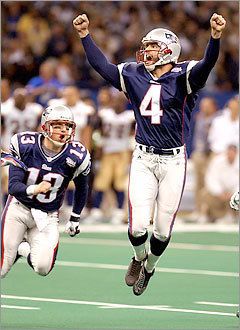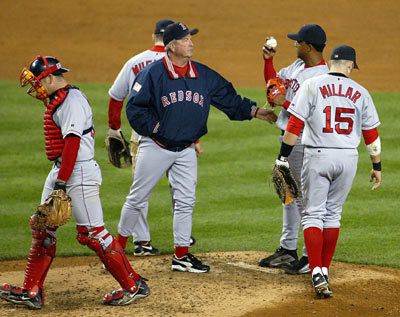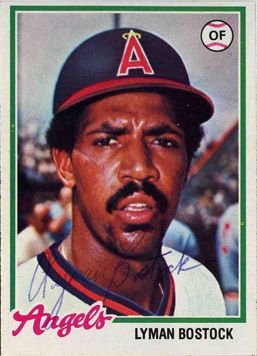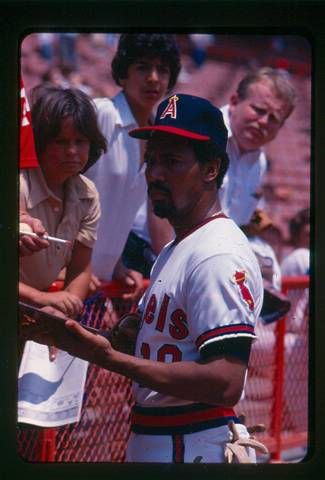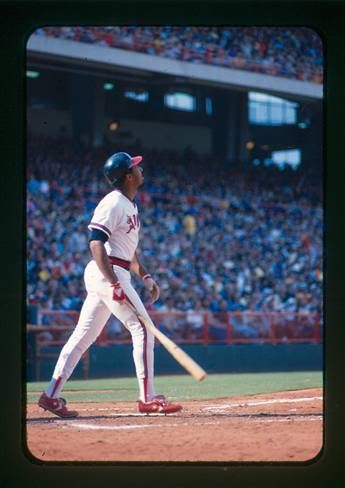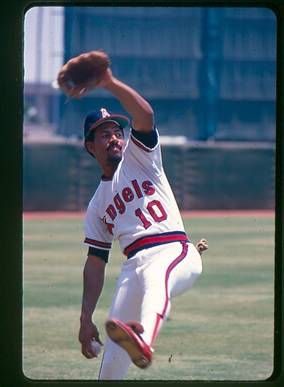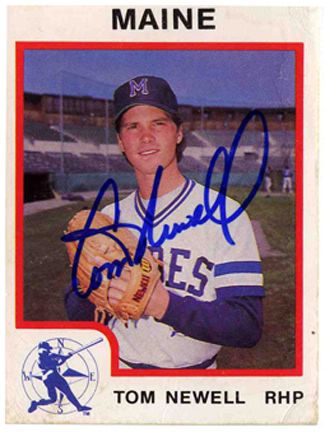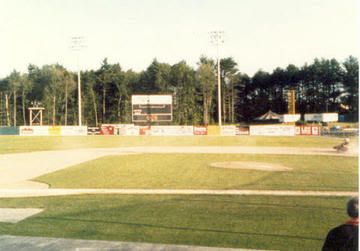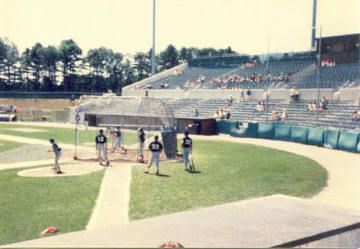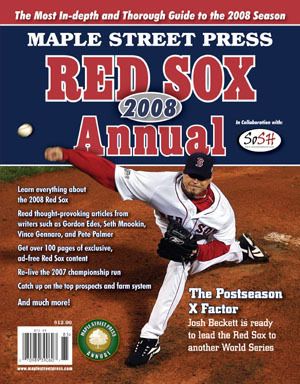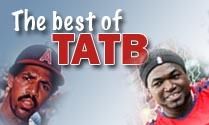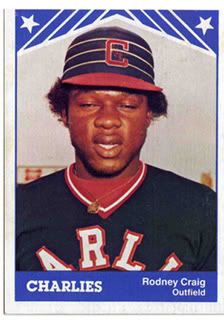1st and 10: Patriots-Ravens

Immediately following each Patriots game from now until the confetti falls in Jacksonville, it's my intent to post a quick column shortly after the game. Nothing too deep, mind you, just a couple vignettes that linger in my mind, a few scratchings on the notepad, and anything else I noticed in between trips to the fridge and the john.
The plan is to keep it to 10 items, thus the silly cliche of a title. I'm hoping it'll ultimately turn out like the kind of light but interesting stuff I love to read - in theory, a Peter King/MMQB type thing, minus, of course, the all-access pass (a major minus, I admit), the Brett Favre man-crush, and the New Jersey high school girls softball references. (Well, okay, maybe just a few softball references. Go Mary Beth!)
Should I be lucky, you'll eventually make a habit of clicking here in the immediate hours after the Patriots game concludes. Just read, baby. Uh . . . please?
With that, here goes . . . well, something. Help me out here, Gil. "Going left to right on your dial and (what the hell is this, Gino?) up and down on your screen, it's first and 10, Patriots . . ."
1) Sometime during the second quarter, Rosevelt Colvin bolted through the line unimpeded and swallowed Ravens quarterback Kyle Boller before the beleaguered QB had time to 1) finish his 5-step drop; 2) react appropriately, and; 3) pee himself. It was an encouraging sight to say the least - for the first time since suffering a career-threatening hip injury in Week 2 last season, Colvin looked like the speed-freak of a pass rusher the Pats thought they were getting when they signed him as a free agent. If yesterday's performance is a harbinger of things to come, we can only imagine how much more menacing the Patriots' D will be.
2) No player was more hyped coming into this matchup than Ravens safety Ed Reed. Belichick paid him the highest of compliments early this week, praising Reed as defensive MVP of the league at this point. While Reed was appropriately impressive - his range in coverage and against the run seems limitless, and he has an uncanny instinct for being at the right place at the right time - one flaw was revealed, and then revealed again. Reed, talented though he is, arm-tackles way too much. Ofen enough for us to take notice, he was easily discarded by Corey Dillon's Paytonesque stiff-arm, and at times he looked about as interested in making a hard hit as Torry Holt is in taking one. Should the day come where Planet Earth needs one safety to make one tackle with the fate of all humanity (and Canada, too) at stake, I'll take Rodney Harrison over Ed Reed every single time. I suspect Belichick would, too.
3) Speaking of Dillon, we all knew he was good - when a guy sets the single-game rushing record, as he did a few years back, it's something of an indication that he has some ability. But did you know he was this good? Dillon is faster around the corner than I ever realized, he's shifty and smart in the open field (watch how he effectively cuts back inside a defensive back to gain a few more yards at the end of a play), and best of all, he never, ever runs out of bounds when a few more yards can be had with a just little bit of brutal contact. On touchdown run, he played Bo Jackson to Ray Lewis's Brian Bosworth, leaving cleat marks on the Ravens' star's chest. Curtis Martin might be my favorite Patriot of all-time, but he's no longer the best running back in franchise history. He's not even the best to wear No. 28.
4) Watching Justin Kurpeikis smile broadly, his face and uniform covered in mud, after making a vicious open-field special-teams tackle in what was his Patriots' debut . . . well, it was one of those moments that remind you why you love sports. Anyone who ever played just for the pure joy of it could appreciate his emotion at that moment.
5) If there's a more physical receiver in the NFL than David Givens, I haven't seen him, and I don't think Ray Lewis has, either. After cranking Givens on a short pass in the second half, Lewis offered the maniacally grinning Givens a hand to help him up, as if he was saying, "You took my best shot and lived to tell. You've got my respect, kid."
6) Now, I wouldn't trade Brady for any current QB, up to and including the entire Manning family tree. And if any current Boston athlete is immune to criticism, it has to be New England's reigning Mr. Wonderful. But, at the risk of sending Chins Shephard and his sidekick Chewbacca Smerlas into a booze-and-cholesterol fueled fit, I have to ask: Has Brady been less accurate this year than he has been in the past? It seems he's missed more open receivers this year than he did in the previous two? Am I right? Or are my expectations just too high now? Actually, it could be this: I've been playing too much Madden. Computer Brady just doesn't miss.
7) Troy Brown apparently has better hands as a receiver than he does as a defensive back. He should have had his second interception yesterday, but Boller pass in the slot doinked off his facemask. And that, my friends, is the most negative thing I ever will say about the greatest pure football player in this franchise's 44 years.
8) From Brown at corner to Mike Vrabel at tight end, the extraordinary versatility of this team is another reason why they make our Sundays so enjoyable. Save for one exception: the Richard Seymour-as-fullback experiment scares the bejeezus out of me. He's simply too important to the defense to be risking in such a insignificant - and dangerous - role. Didn't Belichick learn anything from Dan Klecko's injury?
9) Phil Simms mentioned during the broadcast that Adam Vinatieri should be a shoo-in for the Pro Football Hall of Fame. First time I've heard someone with national clout say such a thing, and it's about damn time someone did. The argument can be made the Vinatieri has made the three most clutch (clutchest?) kicks in NFL history, and I suspect you don't need to be reminded of which three I'm talking about. (You know, if you take two from the Snow Game, the argument can be made that it's four.) If his resume doesn't get him in, then the lone kicker in the Hall, Jan Stenerud, should be evicted. No one has had a more storied career than Vinatieri, and as far as I know, Stenerud never chased down Herschel Walker, ran in a two-point conversion, or threw a touchdown pass, either. Vinatieri's the best. Ever. Period. Extra point.
10) They win on Sundays and Monday and even the spare Thursday, at night and during the day, during rain and snow and wind and locusts, during September and January, by land and by air, with scoreboard-lighting offense and bone-snapping defense. They win, and win, and then they win again. My point? It's getting extremely easy to take this team's rare professionalism and talent for granted. Please, join me in fighting the temptation. Enjoy this team, savor it, revel in it, appreciate it - do what you've been doing, I imagine - but don't allow yourself to become football's version of the pre-2004 Yankees fan, spoiled by the success and thus unable to enjoy anything but championships. Besides, you don't look good with cheap gold chains and a cheesy mustache.

